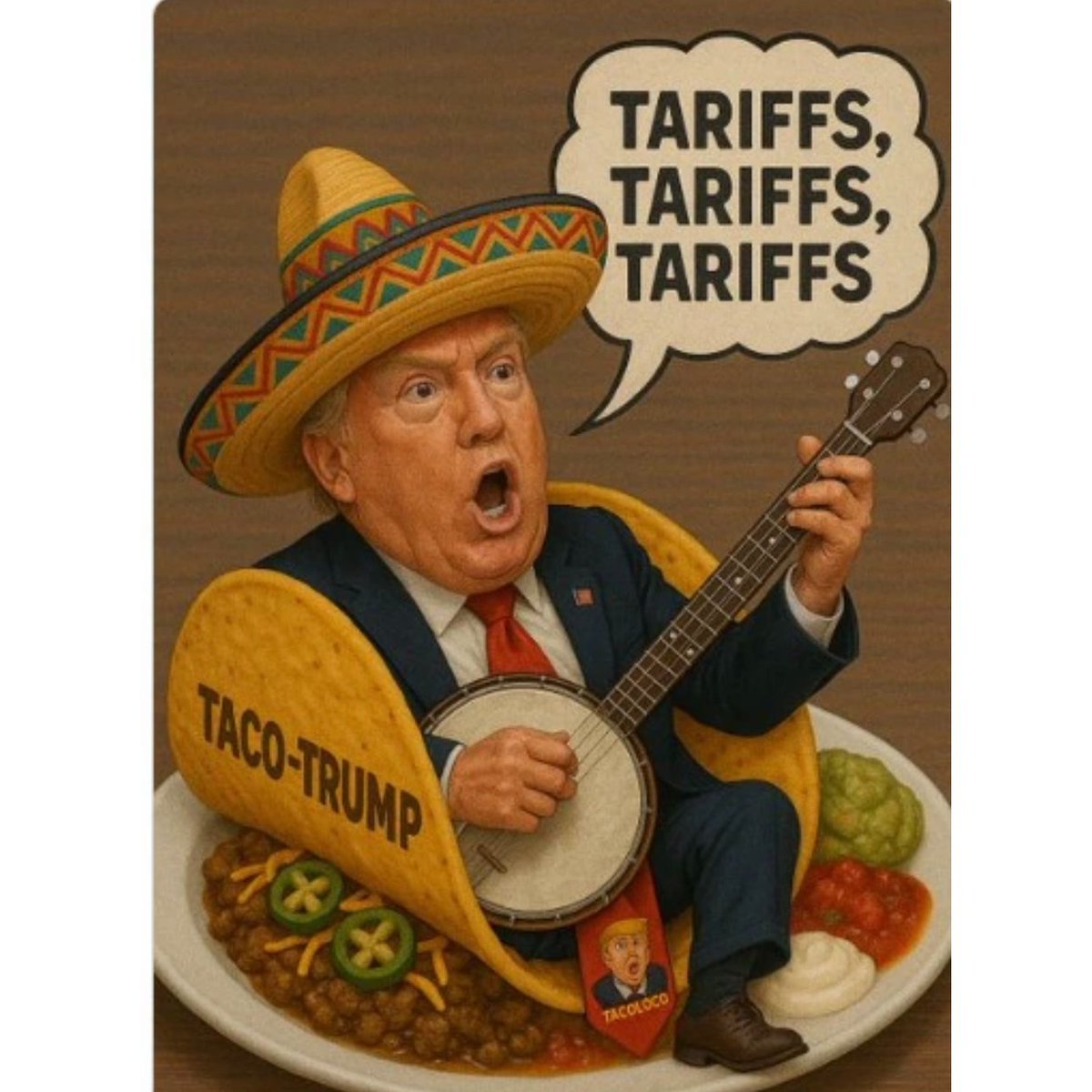UN said World needs China NOT USA : SCO Summit Signals a Historic Power Shift.
.
.
.
.
.
.
.
.
.
.
.
.
.
.
Read the entire post to know the latest updates on SCO summit
.
.
.
.
.
.
.
.
.
.
.
.
.
.
Read the entire post to know the latest updates on SCO summit

The Shanghai Cooperation Organisation (SCO) Summit in China has turned into far more than a routine diplomatic gathering. It is becoming the stage where the long-anticipated rise of the Global South is unfolding before the world’s eyes.
Already, the meeting between Prime Minister Narendra Modi and President Xi Jinping—where both leaders exchanged a firm handshake and called for deeper friendship—set the tone. But an even more striking moment followed, one that went beyond bilateral warmth and revealed the tectonic shifts underway in geopolitics.
UN Chief Endorses China’s Role
United Nations Secretary-General António Guterres not only attended the SCO Summit but also held crucial discussions with President Xi. In his remarks, Guterres praised China as a “responsible and dependable global leader” for its commitment to multilateralism.
United Nations Secretary-General António Guterres not only attended the SCO Summit but also held crucial discussions with President Xi. In his remarks, Guterres praised China as a “responsible and dependable global leader” for its commitment to multilateralism.
Without naming the United States directly, he pointed to how certain powers—clearly a reference to Washington—have eroded the very principles of multilateral cooperation through unilateral actions, protectionism, and economic weaponization. His statement framed China not as a challenger to global order, but as one of its key defenders.
This is a rare diplomatic endorsement, particularly when it comes from the UN’s top leadership, and it marks a direct blow to America’s credibility on the global stage.
This is a rare diplomatic endorsement, particularly when it comes from the UN’s top leadership, and it marks a direct blow to America’s credibility on the global stage.
A Reversal of Narratives
For years, Washington accused Beijing of undermining the “rules-based order.” Now, at the SCO stage, the UN Chief has publicly recognized China as a protector of those very principles. This is not just symbolic—it reshapes global perceptions of legitimacy.
For years, Washington accused Beijing of undermining the “rules-based order.” Now, at the SCO stage, the UN Chief has publicly recognized China as a protector of those very principles. This is not just symbolic—it reshapes global perceptions of legitimacy.
President Xi responded with characteristic composure, affirming that China will continue to expand cooperation, safeguard multilateralism, and strengthen partnerships with the developing world. Foreign Minister Wang Yi, in his parallel discussions with Guterres, further emphasized China’s role in supporting the UN system itself—another pointed counter to U.S. disregard for the institution.
Why This Matters for India and Russia
It would be simplistic to view this as a “China win” alone. The SCO is not a one-nation platform. By endorsing the forum itself, the UN has implicitly elevated India and Russia as well. The three form the backbone of the SCO, and Guterres’ presence and statements essentially validated the grouping as a serious, dependable multilateral body.
It would be simplistic to view this as a “China win” alone. The SCO is not a one-nation platform. By endorsing the forum itself, the UN has implicitly elevated India and Russia as well. The three form the backbone of the SCO, and Guterres’ presence and statements essentially validated the grouping as a serious, dependable multilateral body.
For Russia, still grappling with Western attempts at diplomatic isolation, this is a breakthrough. If the UN leadership is willing to stand alongside Moscow in the SCO framework, the so-called Western strategy of isolating Russia looks increasingly ineffective.
For India, the moment is equally significant. By aligning with platforms like SCO and BRICS, India demonstrates that it can forge an independent path, one that balances strategic autonomy with growing partnerships across Asia, Africa, and Latin America.
A Strategic Jackpot for the Global South
What unfolded in China is nothing short of historic. The UN’s recognition of SCO and its implicit criticism of U.S. unilateralism sends a powerful message: global power is shifting. The Global South—represented by platforms like BRICS and SCO—is no longer peripheral. It is now central to shaping the rules of engagement for the 21st century.
What unfolded in China is nothing short of historic. The UN’s recognition of SCO and its implicit criticism of U.S. unilateralism sends a powerful message: global power is shifting. The Global South—represented by platforms like BRICS and SCO—is no longer peripheral. It is now central to shaping the rules of engagement for the 21st century.
For decades, America projected itself as the ultimate pillar of multilateralism. But its overuse of sanctions, economic weaponization, and unilateral dictates have eroded its standing. Today, the narrative has flipped: Washington’s credibility is in question, while Beijing, Moscow, and New Delhi—through SCO—emerge as advocates of cooperation, dialogue, and balance.
This is not merely a diplomatic skirmish. It is a structural change in the global order. For the first time in decades, the Global South is not just reacting to events—it is driving them.
And in doing so, India, Russia, and China may just have hit the geopolitical jackpot.
And in doing so, India, Russia, and China may just have hit the geopolitical jackpot.
• • •
Missing some Tweet in this thread? You can try to
force a refresh











